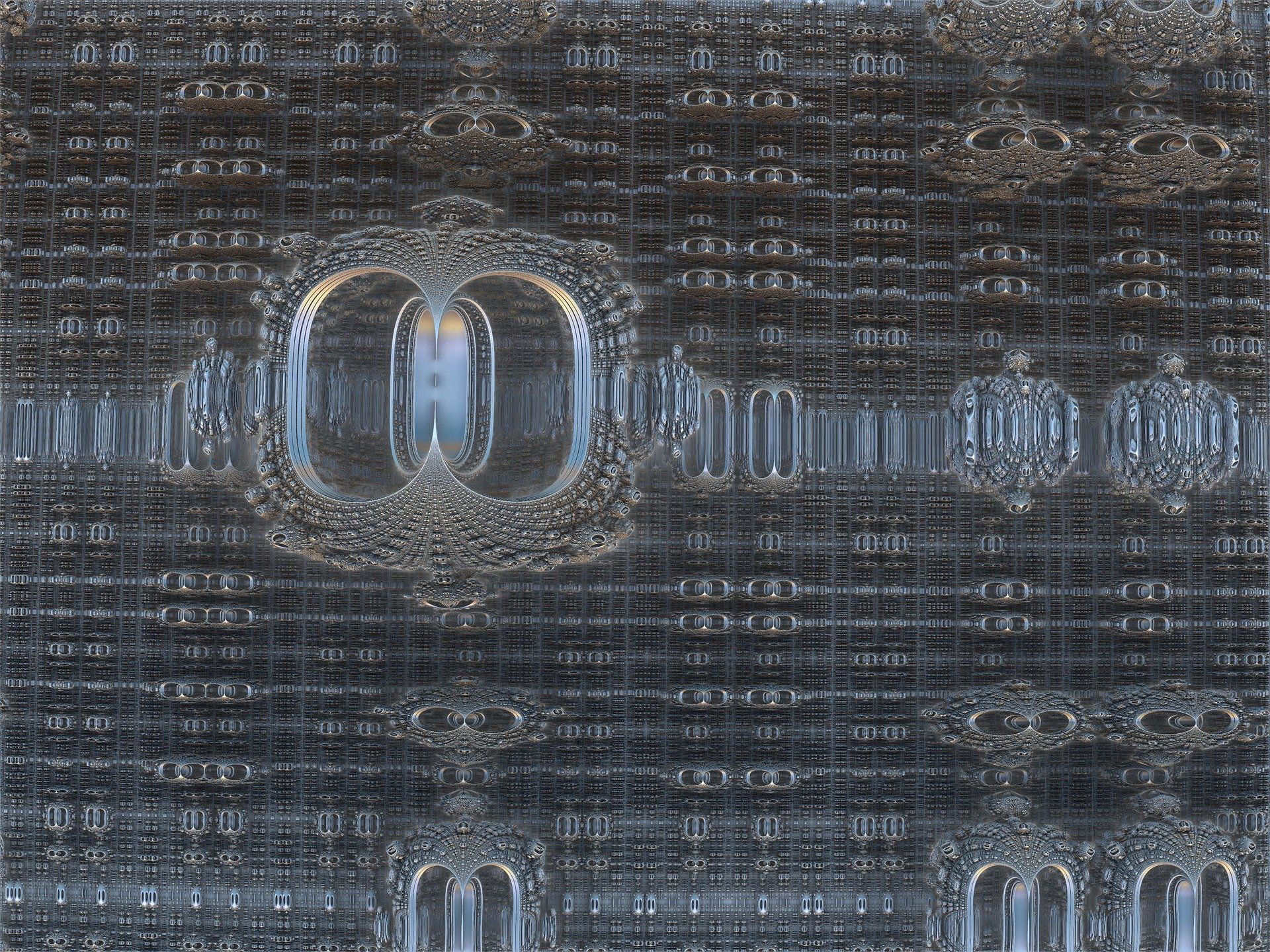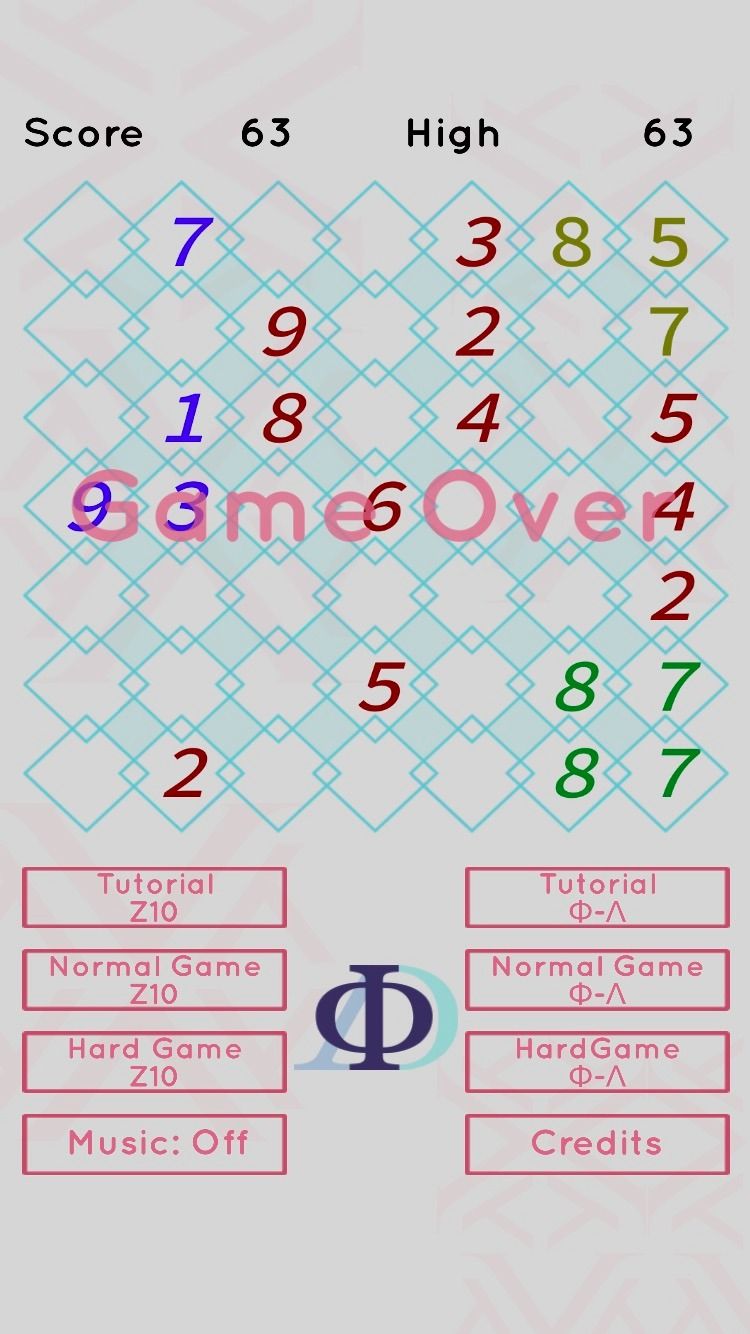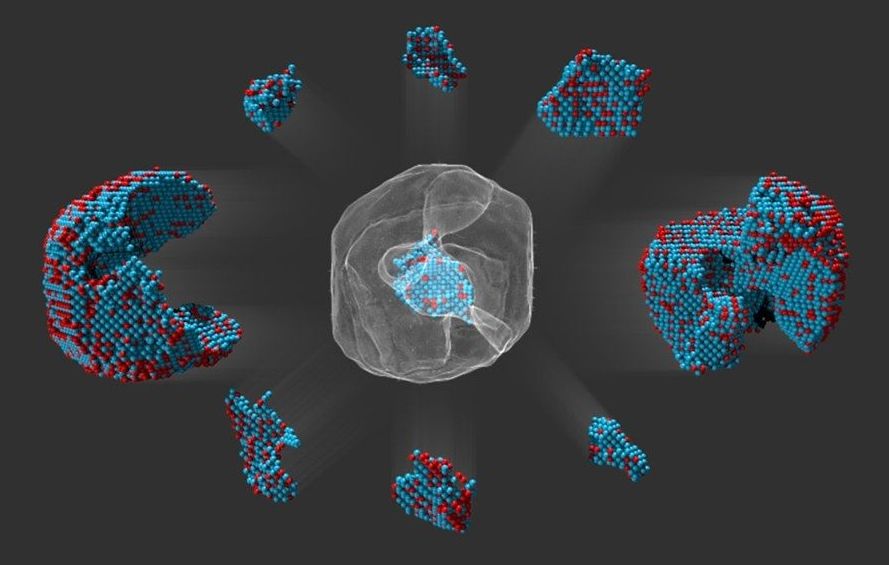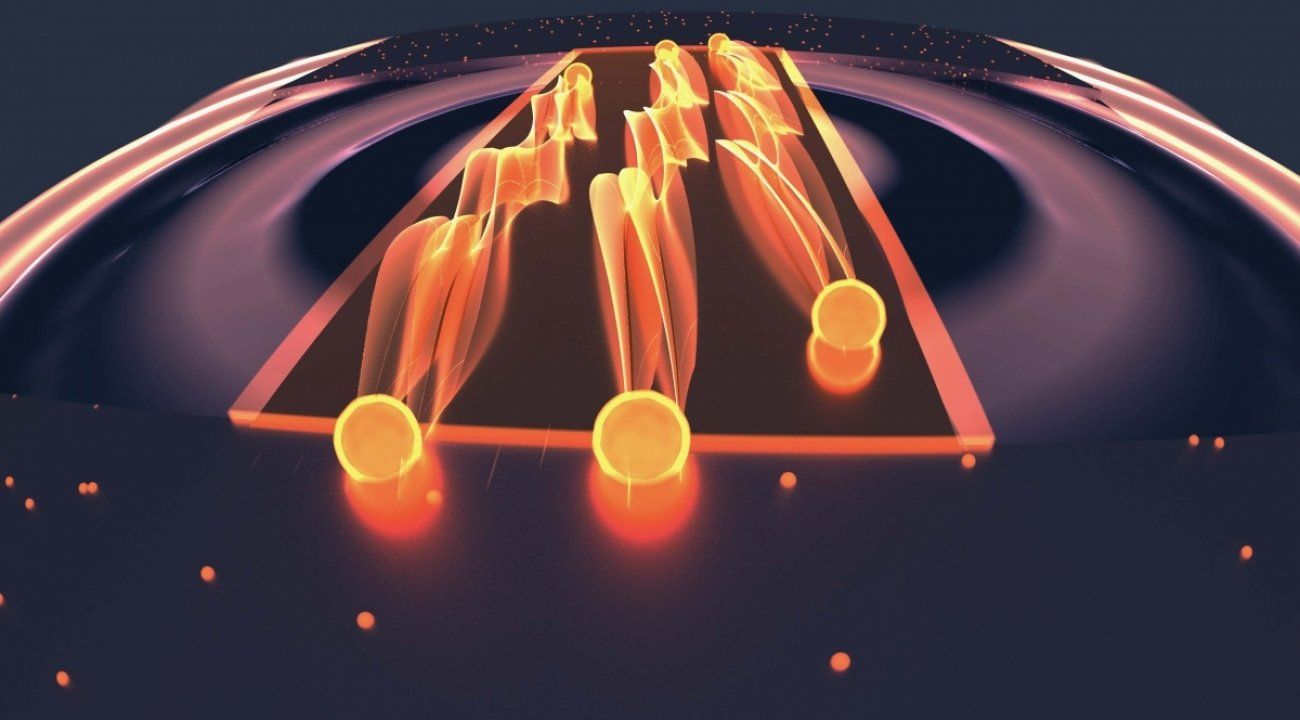Sep 26, 2018
The Physics of Information: Quantum Potentiality to Classical Actuality of Your Experiential Reality
Posted by Alex Vikoulov in categories: computing, mathematics, neuroscience, quantum physics
Physicists face the same hard problem as neuroscientists do: the problem of bridging objective description and subjective experience. Physics has encountered consciousness. Quantum theory says an object remains in a superposition of possibilities until observed. We can consider a quantum state as being about our knowledge rather than a direct description of physical reality. The physics of information just may be that bridging of quantum-to-digital reality of subjective experience. We are now at the historic juncture when quantum computing could reveal quantum information processing underpinnings of subjectivity. Quantum mechanics is a spectacularly successful theory of fundamental physics that allows us to make probabilistic predictions derived from its mathematical formalism, but the theory doesn’t tell us precisely how these probabilities should be interpreted in regards to phenomenology, i.e. our experiential reality. There are basically three main interpretive camps within quantum mechanics from which stem at least a dozen further interpretations.
By Alex Vikoulov.

















